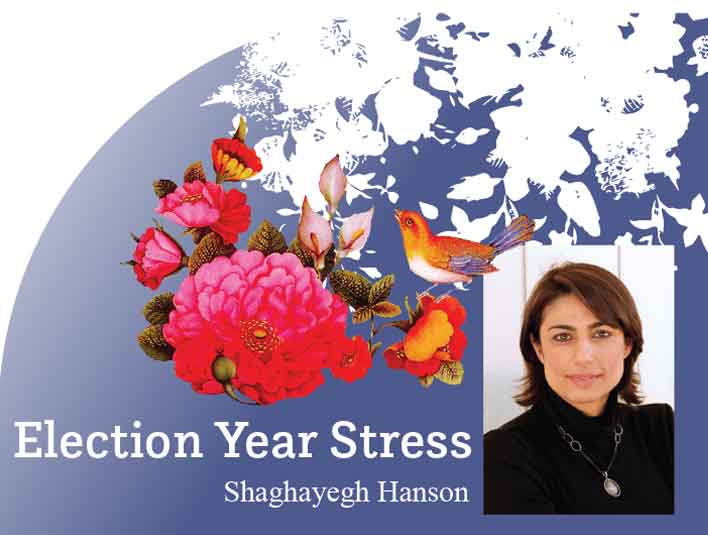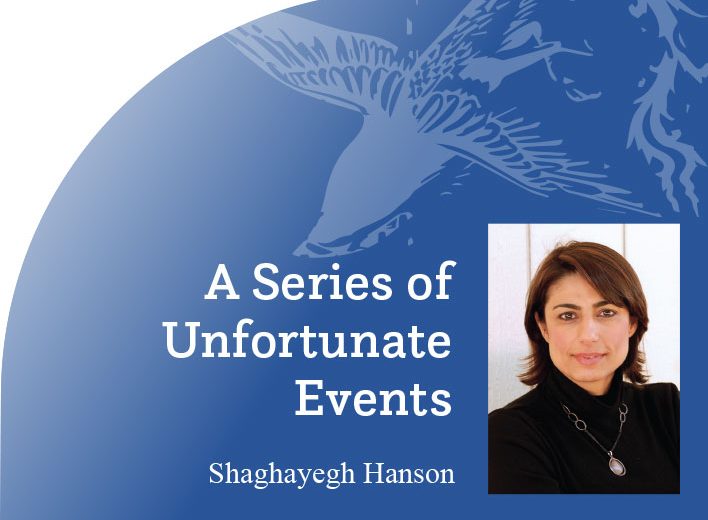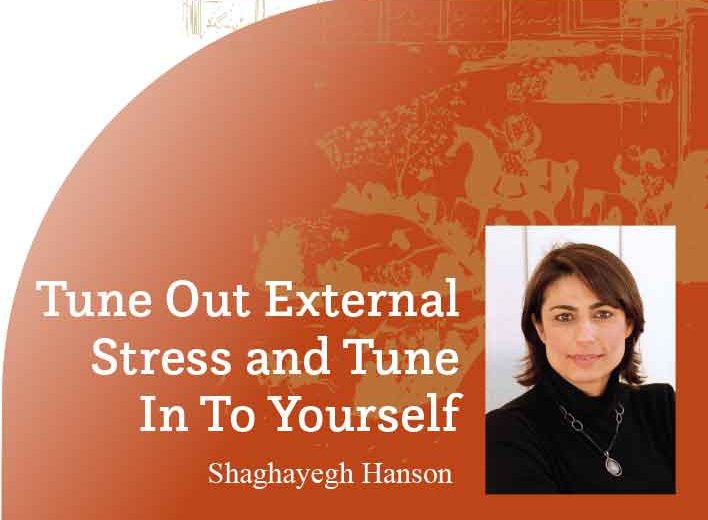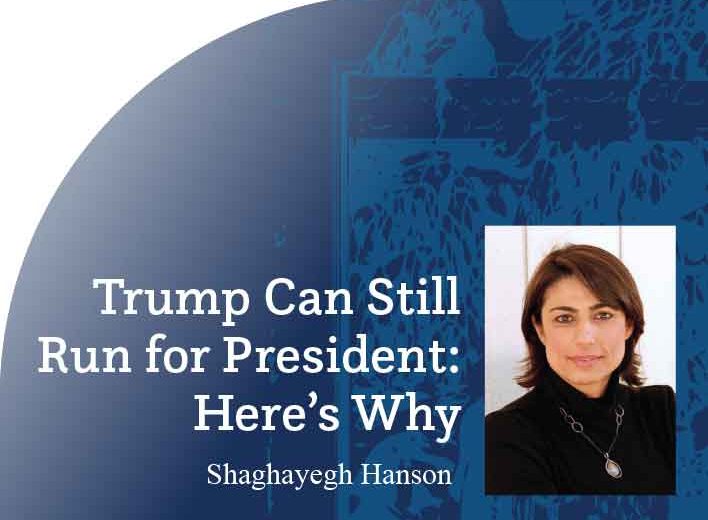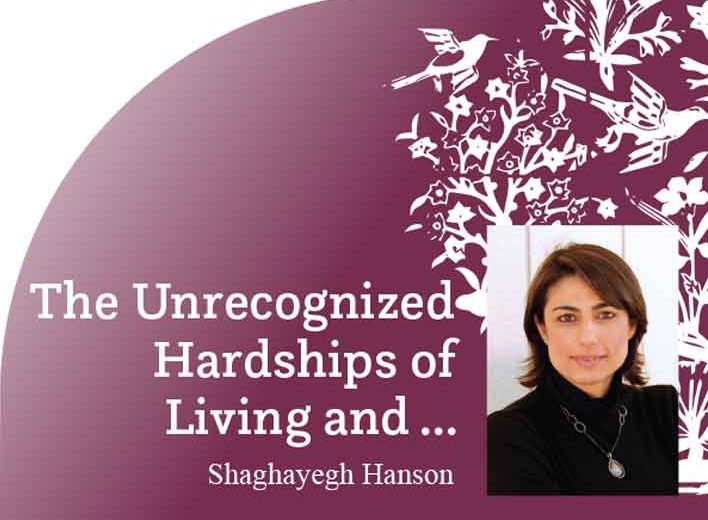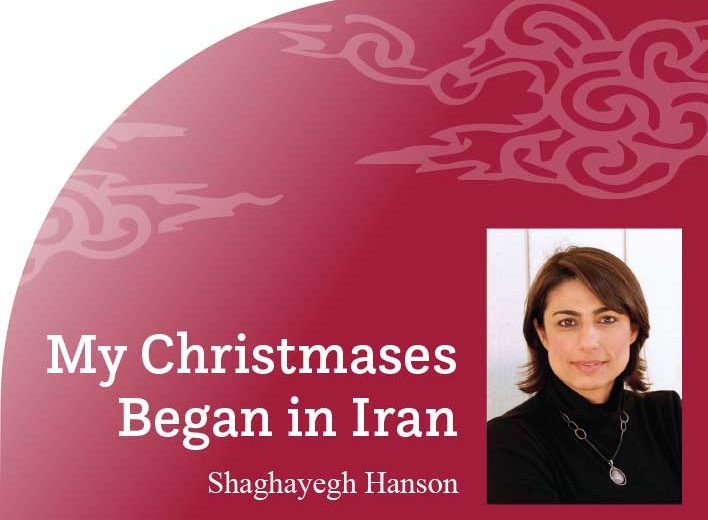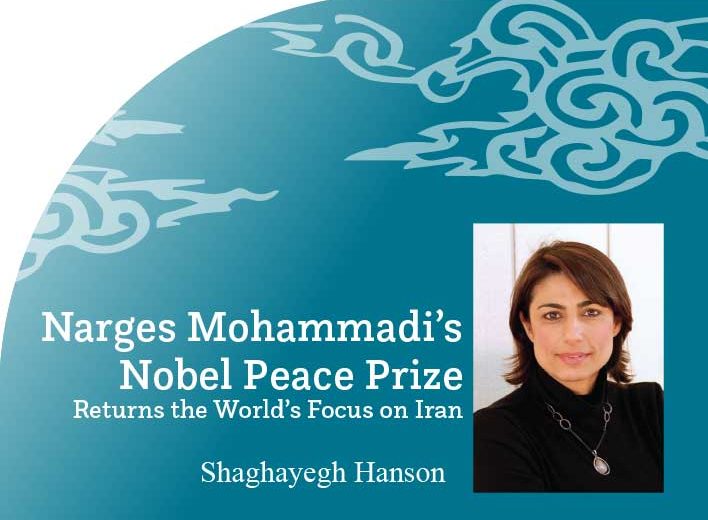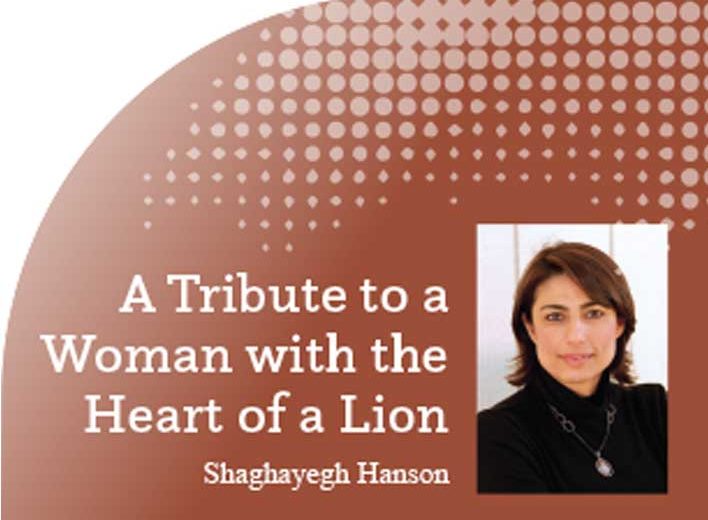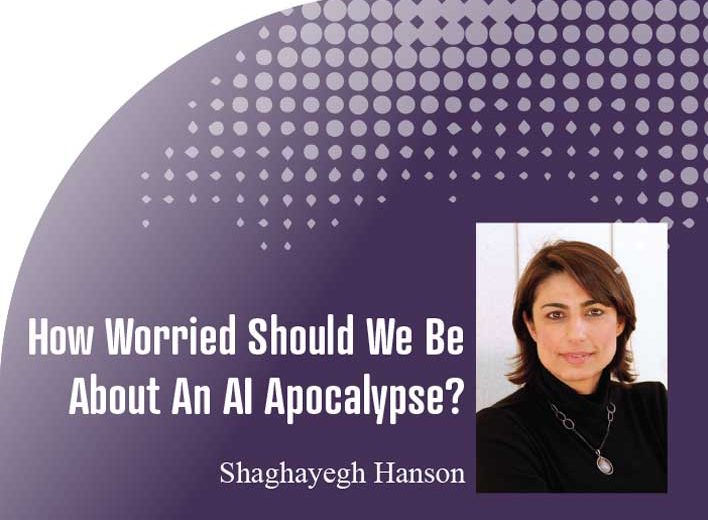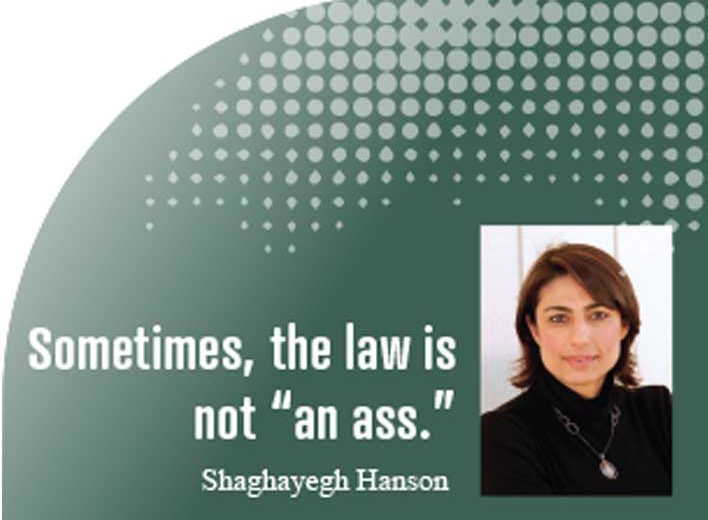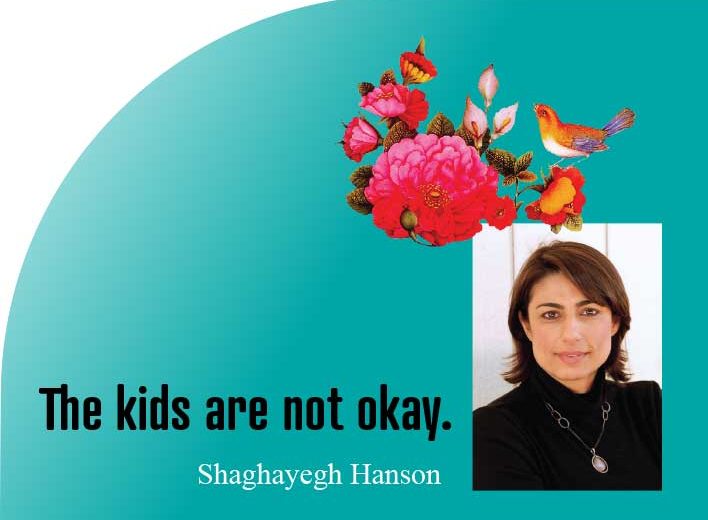Election Year Stress
With the presidential elections hurtling towards us in nightmarish déjà vu fashion, I am trying not to turn into a ball of stress. I know it’s not just me. The American Psychological Association reported that the historically divisive nature of the 2020 presidential election increased individuals’ stress by 16 percent from the previous election and affected all political affiliation groups, with 76% of Democrats, 67% of Republicans, and 64% of Independents reporting the election to be “a significant source of stress in their life.” For some specific groups, such as Black adults, election stress jumped from 46% in 2016 to 71% in 2020. Three-quarters of the population were particularly worried about the nation’s future and the current political climate.1
Things don’t appear to be much better this year as all indications are that we remain a hopelessly divided nation when it comes to politics. In fact, according to one commentator, we could be “sitting on a powder keg and the fuse has been lit,” and “[t]he protective shield that all democracies and social orders rely on—legitimacy of the governing body, some level of elite responsibility, the willingness of citizens to view their neighbors in a civic way—is in an advanced stage of decline or collapse.” It’s this tension between citizens on a day-to-day basis that is arguably the most pernicious type of stress that I see.
I, of course, would be happy if my chosen candidate wins, but the fact that so many people on “the other side” might want to set me on fire for my choice—a sentiment I may or may not have reciprocated in the past—is extremely unsettling. That’s why I took some comfort and guidance from a discussion I heard on NPR’s Hidden Brain program recently. According to the expert on the show, we massively overestimate how much people on the other side of the political fence dislike us, by anything between 50-300 percent(!)—the more partisan we are, the more inflated our belief is that the other side hates us.
We also incorrectly tend to assume that people on the other side are irrational or dumb or morally depraved, and then we treat these assumptions as facts (I may or may not have done this, too), whereas we are all basically striving for the same goals but for different and understandable reasons.3 Apparently, our minds want simplicity, particularly with moral issues, because if we were to concede that morality is complicated, we may need to acknowledge that our own moral beliefs might be wrong sometimes (I am unlikely to have engaged in this type of acknowledgement).
So, it’s fair to say that at least some of the election stress we feel is self-inflicted, based on misperceptions, unsupported suppositions, a lack of introspection, and/or a reluctance to engage in political debate based on the other person’s life experiences. Once we understand this, we can lessen our stress by focusing on what we can control, rather than feeling helpless about what we can’t. One thing we can do is “reframe” how we view and interact with each other.3 That is, get to know each other on a human level first to gain an understanding of the reasons why the other person votes in a particular way. Only then can we try to engage in a debate about why they should vote differently, not based on our reasons, but theirs. One thing is true, if we all yell at each other, particularly on social media, we all become tone-deaf.
1- https://www.apa.org/news/press/releases/2020/10/election-stress
2- https://www.theguardian.com/us-news/2023/dec/27/politics-2024-trump-biden-election-democracy-authoritarian
3- https://hiddenbrain.org/podcast/us-2-0-win-hearts-then-minds/


